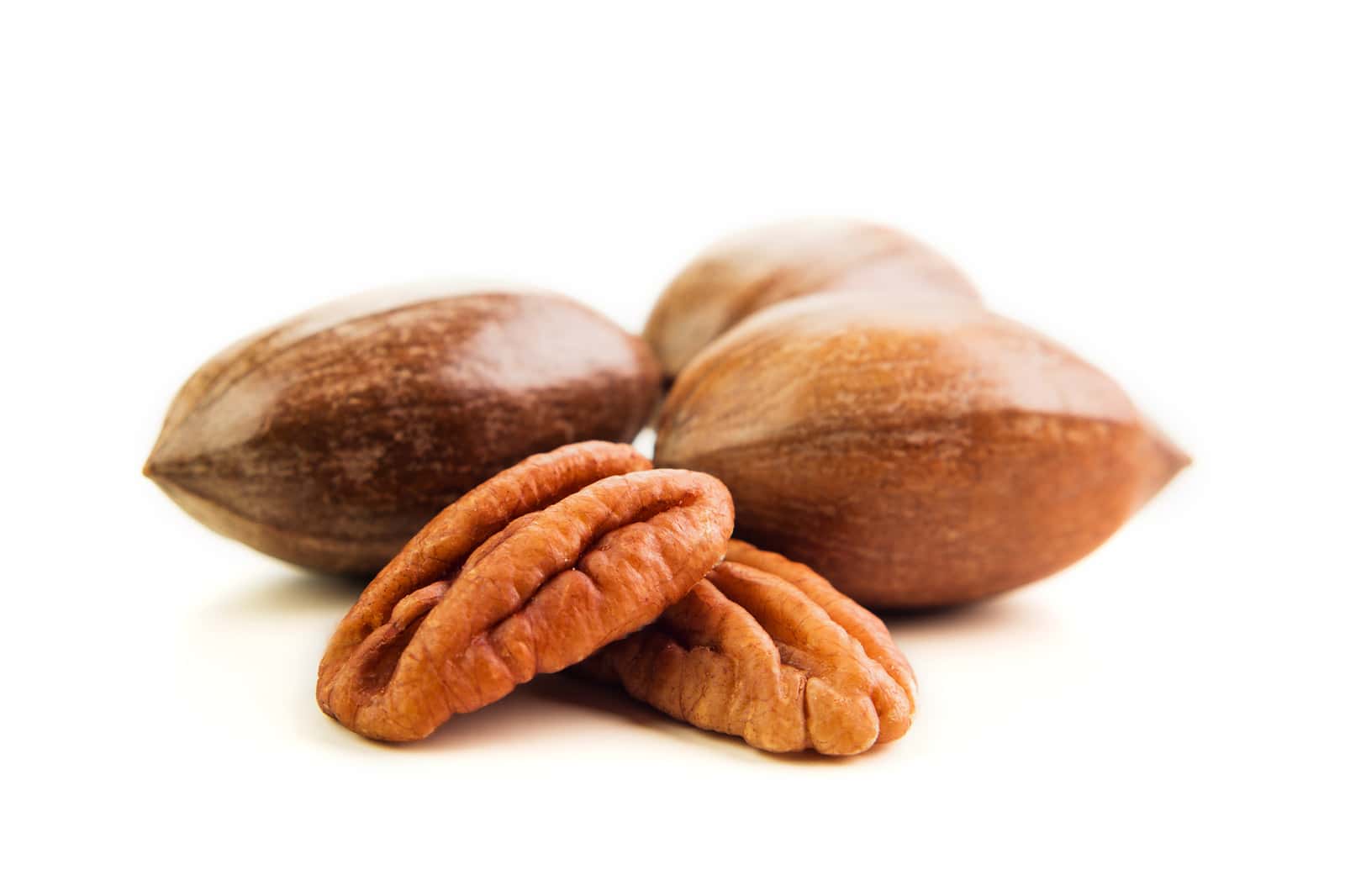
Were you ever told not to eat too many nuts because they are so high in calories and fat? Perhaps instead you have heard that nut consumption is associated with longer life. Do people who eat nuts really live longer? One reader spoke for many who find this topic confusing.
People Who Eat Nuts Have Fewer Heart Attacks:
Q. My father loved peanuts and cashews and my mother was a fan of macadamia nuts. They were told they should avoid nuts because of their high fat content. Lately, though, I have heard that nuts are heart healthy. Is that true?
A. It is. The results of the Women’s Health Initiative including more than 100,000 postmenopausal women show that substituting nuts for meat, dairy products and eggs results in fewer deaths from heart disease (Journal of the American Heart Association, Feb. 2021). Plant protein in general was associated with lower mortality in this study.
Apparently, one way that nuts influence health is through their impact on intestinal microbes. A Mediterranean diet focused on high-fiber plants, legumes, vegetables, fruits and nuts encourages beneficial bacteria (Nutrients, Feb. 2021).
Other Studies of Nuts in the Diet:
Numerous studies have linked diets rich in nuts to lower risk of cardiovascular disease and many cancers (BMC Medicine, Dec. 5, 2016). A study of more than 200,000 health professionals found that people who eat nuts or peanuts had 13 to 19 percent lower likelihood of cardiovascular disease (Journal of the American College of Cardiology, Nov. 2017).
About half of the peanuts eaten in the U.S. are in the form of peanut butter, however. Previous studies suggest that peanut better lovers may not fare as well as people who eat nuts (International Journal of Epidemiology, June 2015).
A Study of People Who Eat Nuts and Peanut Butter:
Researchers wanted to confirm whether peanut butter is as beneficial as eating nuts. They collected data from the National Institutes of Health-AARP Health Study (Nutrients, July 2, 2019). It included more than half a million volunteers between 50 and 71 years of age. The participants filled out food frequency questionnaires.
What the Scientists Found:
During about 15 years of follow-up, 64,464 participants died. Those who ate more nuts were significantly less likely to die of cancer, heart disease, respiratory complications and infections. Peanut butter, on the other hand, was not protective.
This was not an experiment (also called an interventional study). Instead, it was an observational study, connecting people’s usual diet with what happened to them. As such, it does not provide a clear indication of cause and effect. There may be other differences between people who eat nuts and those who eat peanut butter that would help explain why nut lovers seem to live longer. Nonetheless, these findings suggest that you shouldn’t feel guilty about enjoying a handful of nuts a few times a week.
Citations
- Sun Y et al, "Association of major dietary protein sources with all-cause and cause-specific mortality: Prospective cohort study." Journal of the American Heart Association, Feb. 2021. DOI: 10.1161/JAHA.119.015553
- Rosés C et al, "Gut microbiota bacterial species associated with Mediterranean diet-related food groups in a northern Spanish population." Nutrients, Feb. 2021. doi: 10.3390/nu13020636
- Aune D et al, "Nut consumption and risk of cardiovascular disease, total cancer, all-cause and cause-specific mortality: A systematic review and dose-response meta-analysis of prospective studies." BMC Medicine, Dec. 5, 2016. DOI: 10.1186/s12916-016-0730-3
- van den Brandt PA & Schouten LJ, "Relationship of tree nut, peanut and peanut butter intake with total and cause-specific mortality: A cohort study and meta-analysis." International Journal of Epidemiology, June 2015. DOI: 10.1093/ije/dyv039
- Amba V et al, "Nut and peanut butter consumption and mortality in the National Institutes of Health-AARP Diet and Health Study." Nutrients, July 2, 2019. https://doi.org/10.3390/nu11071508

